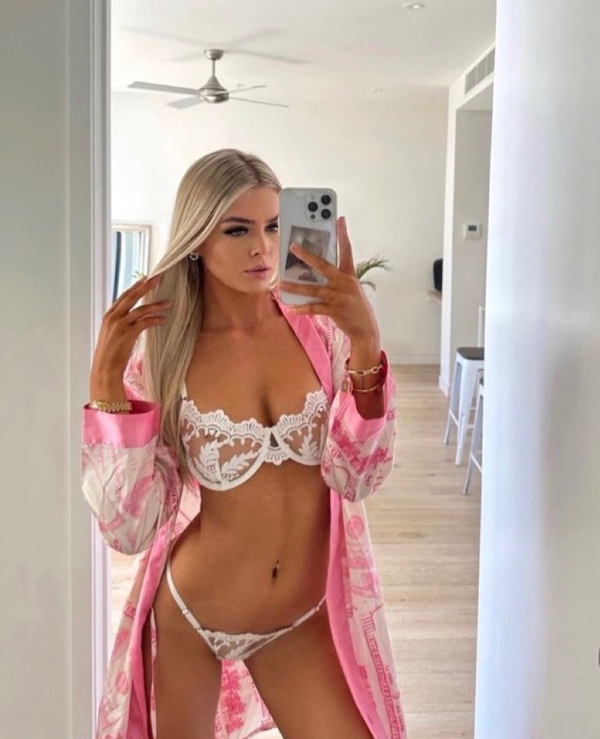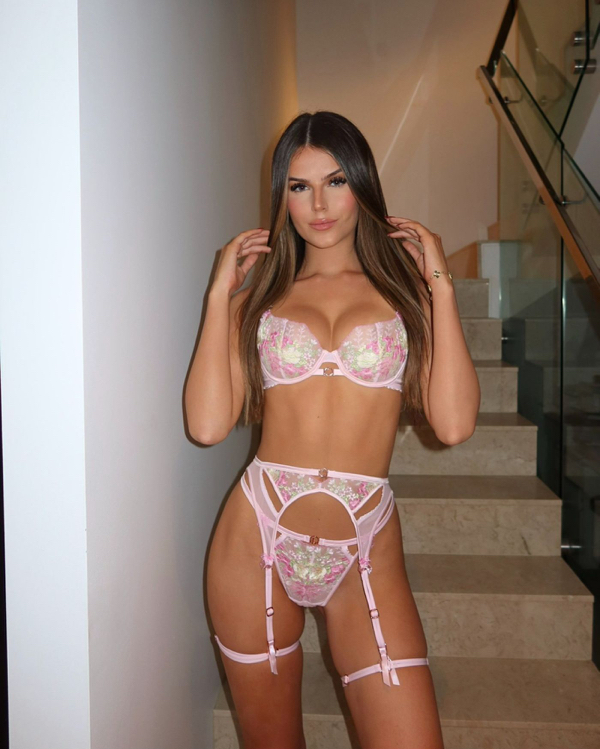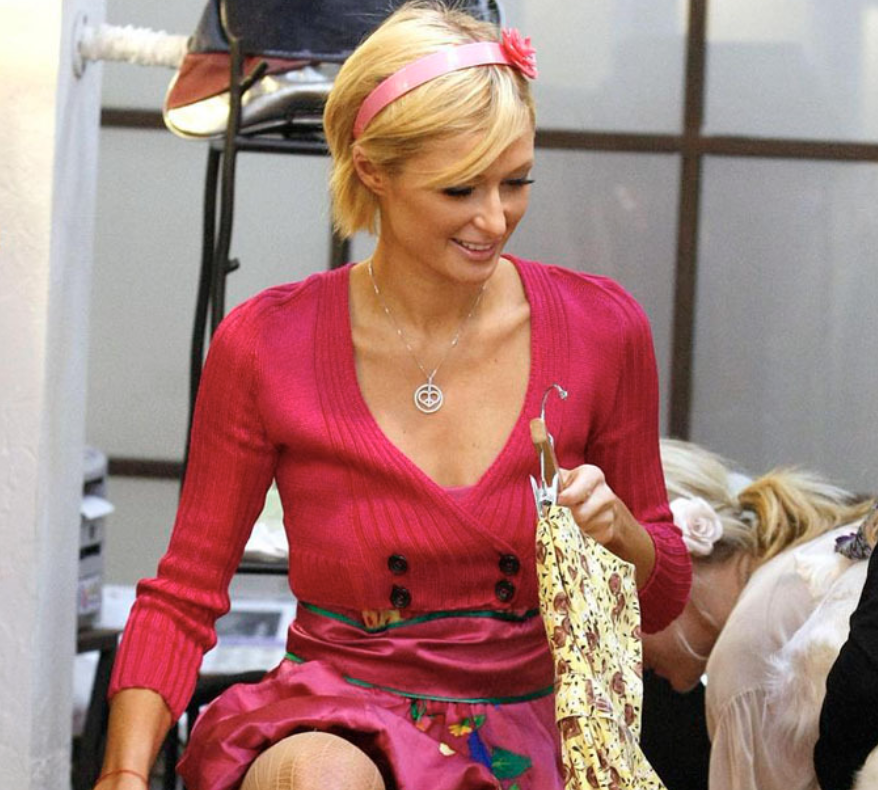In the dynamic world of fashion, trends come and go, but one movement that is here to stay is the rise of sustainable fashion. As consumers become more environmentally conscious, the fashion industry is undergoing a transformative shift toward eco-friendly practices.









Fast fashion, characterized by its rapid production and quick turnover of trends, has long been associated with environmental degradation. From excessive water consumption to harmful chemicals and massive carbon footprints, the fashion industry has played a significant role in environmental issues. The increasing awareness of these concerns has led to a call for change, paving the way for the emergence of sustainable fashion as a viable alternative.










Sustainable fashion goes beyond the latest trends; it encompasses a commitment to ethical production, environmental responsibility, and social consciousness. Many fashion brands are now embracing eco-friendly materials, ethical labor practices, and transparent supply chains. This shift not only addresses the environmental impact but also promotes fair treatment of workers in the fashion industry.










One of the pillars of sustainable fashion is the use of eco-friendly materials. Traditional fabrics like cotton often require vast amounts of water and pesticides for cultivation. In contrast, sustainable materials such as organic cotton, hemp, and bamboo offer greener alternatives. Additionally, recycled fabrics made from post-consumer waste, like plastic bottles or discarded textiles, contribute to reducing the environmental footprint of clothing production.










As consumers, our choices have a powerful impact on the fashion industry. Supporting brands that prioritize ethical and sustainable practices helps drive positive change. Look for companies that are transparent about their sourcing, manufacturing processes, and commitment to fair labor practices. By choosing to spend your money on ethical fashion, you contribute to a demand for responsible production within the industry.








A sustainable fashion mindset also involves rethinking our approach to shopping. Thrifting and second-hand shopping have gained popularity as eco-conscious alternatives to buying new clothing. Not only does this practice extend the lifespan of garments, but it also reduces the demand for new production, ultimately minimizing the environmental impact of the fashion industry.






